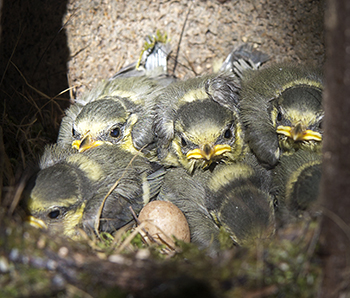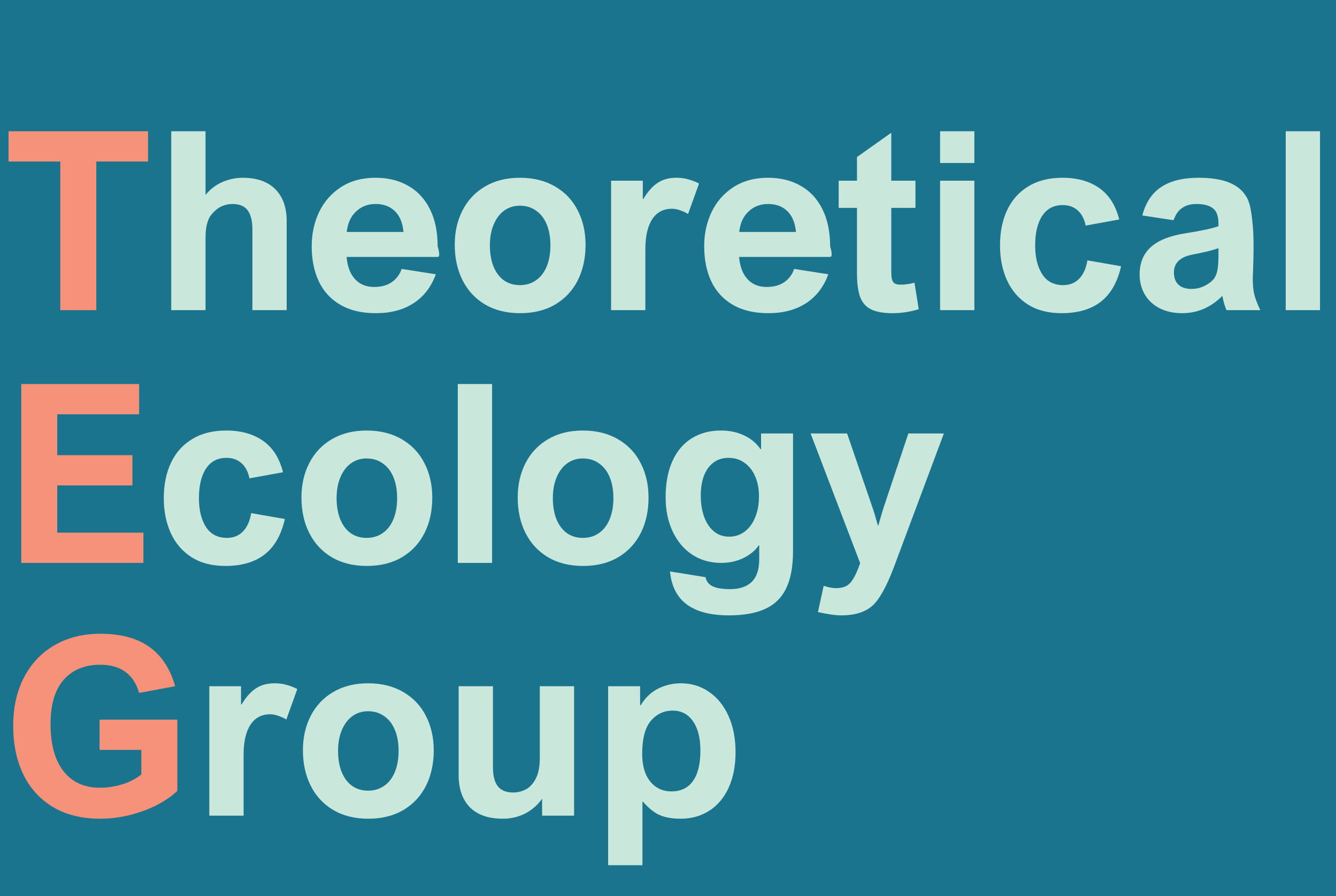Evolution of mating systems

Why do females of most species mate with multiple males? And does that affect how males and female invest in their offspring? Our perhaps surprising answer is that extra-pair mating might have been key to evolving cooperative behaviours.
Using evolutionary modeling, we study how mating strategies, in particular extra-pair paternity, alter the costs and benefits of parental investment. In species that pair monogamously nests commonly contain offspring that have different fathers. For males there is a clear benefit of mating with several females as they can sire offspring without having to pay the costs of care, but the benefit to females is more of a puzzle. Several hypotheses have been proposed, primarily revolving around 'good genes', but while the empirical evidence suggests that many mechanism may be at play, the existing hypotheses seem too weak to explain the widespread occurrence and high levels of extra-pair mating.
By developing theoretical models based on common ecological mechanisms, we study how extra-pair mating may trigger male-male cooperation in predator defence and sharing of resources. Cooperation often produces benefits that are greater than solitary action, but from an evolutionary perspective it is hard to explain why individuals accept a cost to themselves to benefit others. We suggest that extra-pair mating alters male incentives to invest in their neighbourhood and not only in the home nest, as they potentially have offspring elsewhere. As a consequence, promiscuity facilitates the evolution of cooperation and leads to sex-specific reproductive roles.
We are testing predictions from the theoretical models on bird mating systems. In particular we are investigating the link between nest predation and extra-pair mating behaviors in blue tits Cyanistes caeruleus performing experiment in a field site near Montpellier in France.
Extra-pair mating and evolution of cooperative neighbourhoods
PLoS One. 9: e99878. [ doi:10.1371/journal.pone.0099878 ] [ open access ] [ pdf ] [ News & Views article by Sheldon and Mangel in Nature ]


